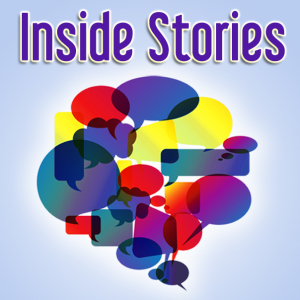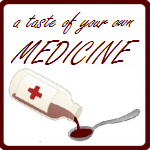Medical Student as Patient
Snow and frost sculpted mazes in the streets; I struggled through the wind, fluid freezing in my joints, unpaved sidewalk sliding below my shoes. I was skating on a pond in Transylvania; the desolate snowscape wrapped around the hill crowned with the dark building, speckled but starkly rising. Maybe there were vampires in there, but my hands tingled with warmth as I opened the metal handles. The guard glanced but said nothing. I felt immediately …



